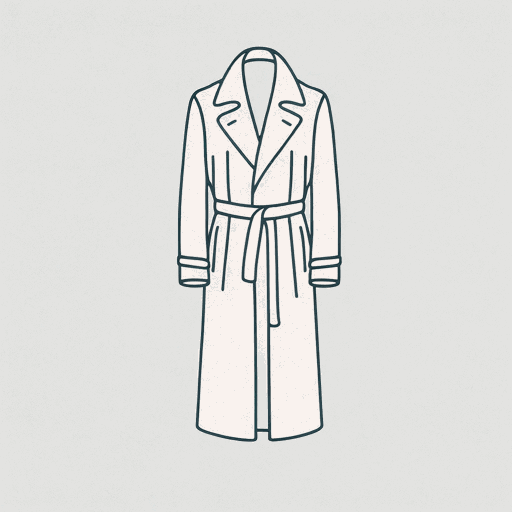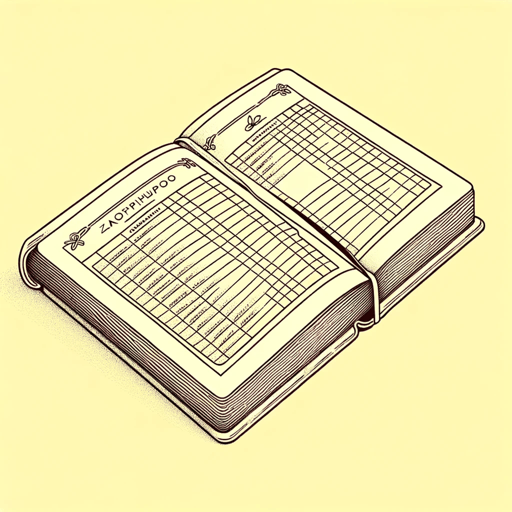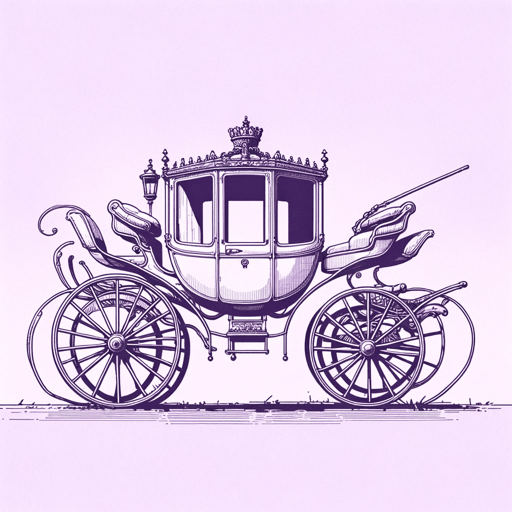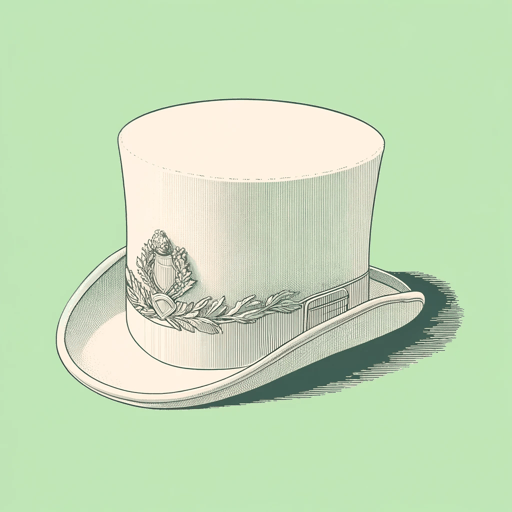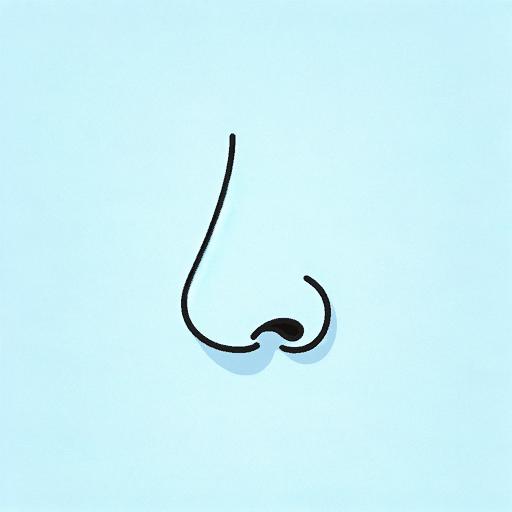29 pages • 58 minutes read
Nikolai GogolThe Overcoat
Fiction | Short Story | Adult | Published in 1842A modern alternative to SparkNotes and CliffsNotes, SuperSummary offers high-quality Study Guides with detailed chapter summaries and analysis of major themes, characters, and more.
Summary and Study Guide
Summary: “The Overcoat”
Nikolai Gogol’s short story “The Overcoat” is one of the best-known and most anthologized examples of Russian fiction. Numerous authors have cited “The Overcoat” as influencing Russian surrealism, short fiction, and satire. In 1941, the Russian American author Vladimir Nabokov referred to “The Overcoat” as “the greatest short story ever written” (Nabokov, Vladimir. “The Art of Translation.” The New Republic, 4 Aug. 1941). Likewise, one of the most famous apocryphal sayings in Russian literature (attributed to Dostoyevsky) is “we all came out of Gogol’s ‘Overcoat,’” in reference to the story (De Jonge, Alex. “Under the Overcoat.” The New York Review, 18 Apr. 1974).
This guide refers to Constance Garnett’s translation from the original Russian, published in volume two of The Complete Tales of Nikolai Gogol. The text and translation were edited by Leonard J. Kent.
The text of “The Overcoat” follows a brief period in the life of Akaky Akakievich Basmachkin, an unassuming clerk in an unnamed department of the Russian government. The narrator of “The Overcoat” refers to the department in oblique terms, saying “there is nothing in the world more touchy than a department, a regiment, a government office, and, in fact, any sort of official body” (304). Akaky Akakievich’s workplace therefore goes unspecified to “avoid any unpleasantness” (305).
Akaky Akakievich is unremarkable in many ways and overlooked or bullied in others. His coworkers jeer at him and make jokes at his expense. His superiors throw papers his way, not feeling the need to be polite or observe any formal niceties. The building’s porters (janitors) do not treat him with respect, taking “no more notice of him than if a simple fly had flown across the reception room” (306). For all his mistreatment, he is consumed by his work. He thinks of nothing other than copying papers day and night, not needing rest, respite, or relaxation. He does, however, speak up against his mistreatment on one occasion when his fellow clerks come to jostle his arm while working. He bleats, “Leave me alone! Why do you insult me? […] I am your brother” (307). This moment awakens sympathy in an unnamed coworker but largely leaves Akaky Akakievich’s lot unchanged.
Even when he is offered easier work, as a reward for his consistent handwriting and dedication, he prefers to return to the grunt work of copying. Nothing else seems to exist for him other than rewriting other peoples’ words and enduring the taunts and torments of his coworkers.
One day, Akaky Akakievich realizes that his coat has grown threadbare and ineffective against the harsh Russian winter. Furthermore, he is often teased about it, as his coworkers refer to it as a dressing gown, traditionally a woman’s garment in the original Russian. He decides to visit his tailor, Petrovich, and see if the coat can be darned or patched to make it thicker. Petrovich tells him it cannot be saved, and he must have a new one made. Akaky Akakievich frets about the expense, as he does not earn nearly enough to afford Petrovich’s initial price. However, upon a second visit to Petrovich’s workshop in the back of his grimy, cockroach-infested home, he agrees to allow the tailor to make him a new overcoat for an unspecified price.
Once Akaky Akakievich agrees to have the new coat made, his life takes on new meaning. Despite depriving himself to afford the expense, he feels a sense of purpose. He goes without candles in the evenings and walks on tiptoe on cobblestones to avoid wearing out his shoes, eats less, and avoids sending out his laundry as often. While these hardships might have given him grief, instead he finds himself fulfilled by them. The narrator says that he feels he has been “married, as though some other person were present with him, as though he were no longer alone but an agreeable companion had consented to walk the path of life hand in hand with him” (316). His focus is so complete that he even makes a mistake while copying, as he is taken up with the question of whether to opt for a marten fur lining on his coat. He is granted a bonus of 60 rubles (20 more than expected) and can afford the coat sooner than he predicted.
Petrovich comes to deliver the finished overcoat, and it is without fault. Both Akaky Akakievich and Petrovich are thrilled with the beauty and functionality of the garment. Wearing it, Akaky Akakievich finds himself laughing “from inward satisfaction [as the overcoat] had two advantages: one that it was warm, and the other that it was good” (319). Sullen, drunken Petrovich even follows him out on his way to work, turning down side streets so that he can view his handiwork from different angles.
At work, everyone loves the overcoat, and remarks on how much better it is than the dressing gown he used to wear. He is even invited out to drinks with his coworkers to celebrate the birthday of the assistant to the head clerk. While Akaky Akakievich is nervous to go, his coworkers talk him into it, and he agrees when he realizes this means another opportunity to wear his coat out.
The day in the office with his new coat is, the narrator says, “the most triumphant and festive day in his life” (319). That evening, Akaky Akakievich sets out with a spring in his step, even pausing to admire the picture in a shop window of a “beautiful woman […] displaying a very shapely leg” (320). Once at his coworkers’ birthday party, things begin to go wrong. Akaky Akakievich is uncomfortable around his coworkers and their celebration, even though they press glasses of champagne on him, “in honor of the new coat” (321). He stays longer than he wants to, and when he finally manages to escape to the coatroom to leave, he finds his precious new coat lying on the floor unceremoniously.
Whether it is the effect of the two glasses of champagne, “after which he felt that things were much more cheerful” (321), or being back out in the world with just his coat and himself, he finds himself once more in a blissful, open state of being. He even contemplates chasing after a lady who passes by him on the street. Danger lurks, however, as he walks down the deserted streets, “not particularly cheerful by day and even less so in the evening” (322). A band of thugs assaults him and, when he recovers consciousness, he finds his overcoat was stolen. Screaming, he runs to a policeman, who says he assumed they were his friends and thought nothing of it. The policeman advises him to report the theft in the morning. When he gets home, his landlady tells him instead to go right to the district commissioner. The commissioner questions him mercilessly the next morning, somehow making Akaky Akakievich, who always has difficulty expressing himself, feel that he was at fault for the loss.
Work the next day is miserable. Some of his coworkers return to sneering at Akaky Akakievich now that he is back in his old “dressing gown” instead of the new overcoat. Others take up a collection but do not raise or contribute very much, as they have already given sizable amounts to other causes. One clerk, “moved by compassion” (324), then offers Akaky Akakievich what will become fateful advice on how to proceed. He tells him to skip the police entirely, as Akaky Akakievich cannot provide sufficient proof that the coat was his, even if the law should be able to find it. Instead, the coworker suggests speaking to a Person of Consequence and seeing if they can push the matter forward. Akaky Akakievich decides to follow his coworker’s advice and goes to speak to the Person of Consequence.
The Person of Consequence, perhaps a high-ranking bureaucrat, is selfish and vain. The unnamed narrator says that “until recently [he] had been a person of no consequence” (325). Because of this, the Person of Consequence, who otherwise is described as “still quite a decent man, a very gentlemanly man, and in many ways even an intelligent man” (325-26), is determined to impress those he meets. He cannot stand the presence of those he considers social inferiors, as he feels his time could be better spent by not “lowering his dignity” (326). When Akaky Akakievich comes to appeal to him, the Person of Consequence is busy entertaining an old childhood friend. When he is finally admitted, the Person of Consequence, disappointed to see such a lowly clerk, thunders at him, “Do you know to whom you are speaking? Do you understand who I am?” (327). This terrifies Akaky Akakievich so much that he runs out into the street without mentioning a word about his stolen overcoat.
Akaky Akakievich finds himself caught in a snowstorm without an overcoat on the streets of St. Petersburg. He staggers home and comes down with a high fever. The doctor comes and tells his landlady to “order him now a pine coffin, for an oak one will be too expensive for him” (328). Akaky Akakievich passes away without any fanfare, and it takes three days before his coworkers realize he died.
After Akaky Akakievich’s death, stories arise about a corpse wandering the neighborhood by the Kalinkin Bridge. The corpse seems to be haunting the area to steal people’s overcoats, even those of high-ranking officials. The police are deployed to try to catch the corpse, but he disappears in their custody when one of them turns to take a pinch of snuff to protect against frostbite. Rumors swell, and the police grow wary of trying to apprehend something so obviously supernatural.
Meanwhile, the Person of Consequence finds out that Akaky Akakievich died. He feels guilty and depressed about his role and spends the night out with friends to raise his spirits. It is such a pleasant evening, with champagne flowing, that he decides to visit his mistress, Karolina Ivanovna, at the end of it.
In the coach on the way there, the Person of Consequence feels a sudden chill and a gust of wind “pelting him with flakes of snow” (332). The corpse of Akaky Akakievich appears before him and takes his overcoat, saying, “At last I’ve…er…caught you by the collar. It’s your overcoat I want; you refused to help me and abused me into the bargain. So now give me yours!” (332). Terrified, the Person of Consequence complies and shouts to his coachman to take him home.
The nameless narrator recounts that “far more rarely [did the Person of Consequence say] to his subordinates ‘How dare you? Do you understand who I am?’ and he never uttered those words at all until he had first heard all the facts of the case” (333).
As for the corpse of Akaky Akakievich, it is not seen again after taking the Person of Consequence’s overcoat. However, corpses still haunt the area, including one who could not have been Akaky Akakievich, as he is “considerably taller and adorned with immense mustaches” (334). This corpse goes toward the Obukhov Bridge in the final lines of Gogol’s story.
Related Titles
By Nikolai Gogol
